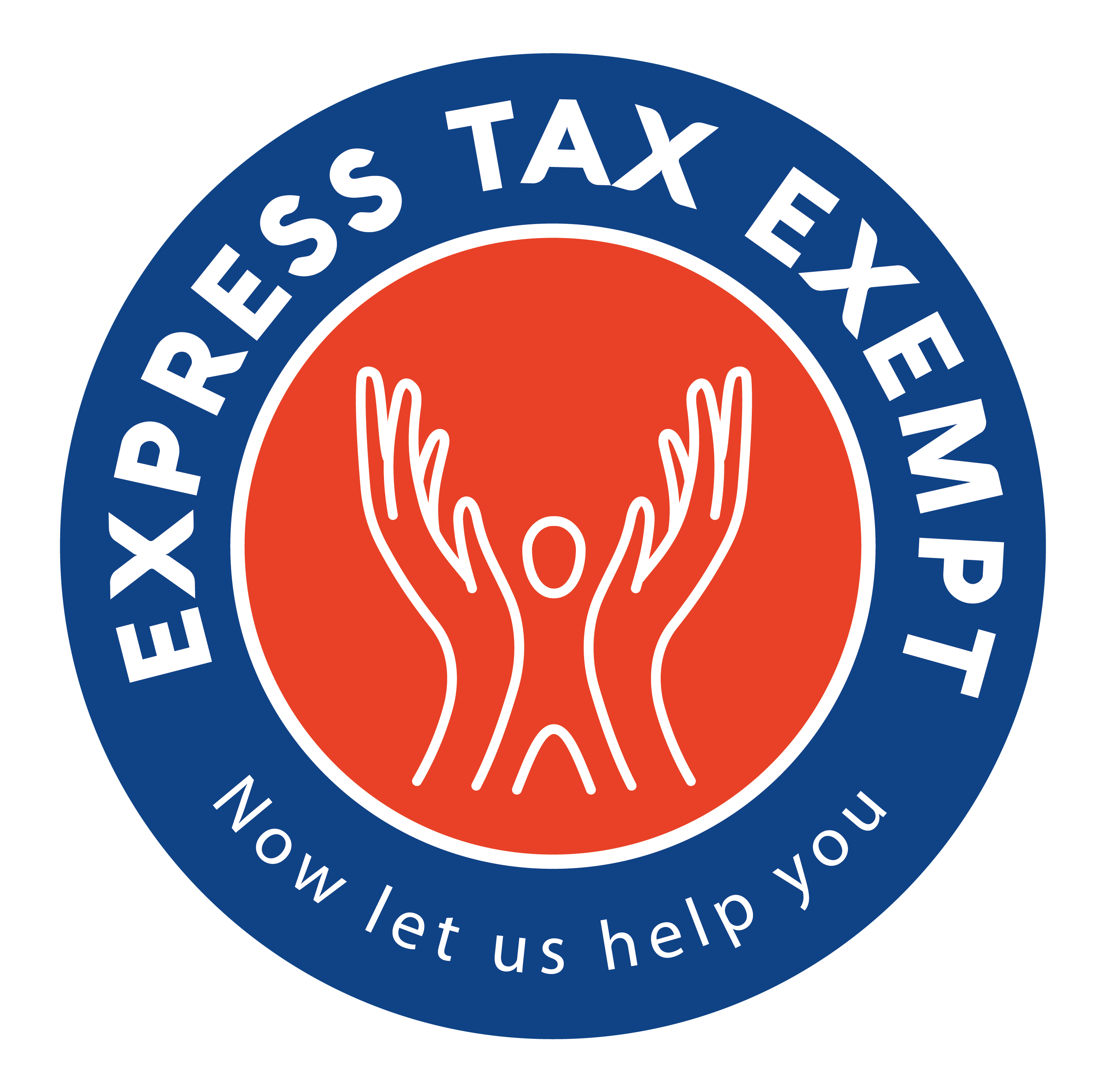With technology gaining new developments, keeping track of receipts and financial transactions for your exempt organization may have become a little easier. Often times you may be given the option to receive your receipt via email or by text message. Although this is convenient, it can become somewhat difficult to keep up with the mixture of printed and digital receipts on top of all of the other paperwork you need when preparing taxes for your organization.
Here’s a few tips on how to get all of your paperwork and that ever-growing box of receipts organized.
Take Inventory
The first step in organizing your paperwork is to assess the types of documents and receipts that you have. Paperwork can be categorized in various ways, including tax filings for previous years; bank or loan accounts or mortgage statements; pay stubs; assets sales receipts of gains/losses (residential property, vehicles, etc.); deduction/expense receipts; insurance; and interest paid/interest deductions (i.e. loan interest).
How Long Should I Keep Receipts?
Don’t you find yourself asking this question a lot? Right before you’re about throw away a receipt you think to yourself, “Hmm…should I keep this just in case?”
The length of time that you keep financial records is based on why you originally needed them. For example, annual tax returns, insurance claims, investments, etc., should be kept beyond tax season. Remember, the ultimate purpose of keeping your records is to have documentation for the IRS.
Audits of tax filings have a statute of limitations that can be extended three years after you’ve filed (or the due date of the tax return), so it is extremely important and beneficial to keep these records for at least three years.
If you do not file with the IRS or they have no reason to believe that a case of fraudulence has occurred, there is no statute of limitation. Because of this, you can keep any relevant tax documentation as long as possible.
NOTES:
Organize Your Records
Organization is the key to success here. It’s suggested that you sort financial records and receipts based on how soon you may need them.
Keep up with Active File documents! These include documents that you will actively need in the coming year (i.e. W-2s, expense receipts, etc.). Having these documents in multiple formats, whether it’s printed, scanned, or electronic, is always helpful.
Once you have filed or the tax year has ended, you can safely discard the following documents:
- Pay stubs
- Bank Statements
- Receipts (once your taxes have been filed, paper receipts should be shredded)
- Loan Interest Payments
- Investment Statements
Financial records that you do not need in the present moment, but may need to be accessible in an audit, should be kept in a digital format and not in a physical space. Scanned documentation can be stored on your computer or uploaded into a cloud service.
The Easiest Way to File
Once you’ve organized all of your paperwork, utilize ExpressTaxExempt for your e-filing needs. ExpressTaxExempt eliminates the worry about missing your Form 990 filing deadline! With our simple, interview style e-filing process, you can complete your form and instantly transmit it directly to the IRS.
We offer easy e-filing for Form 990 Series returns (Form 990, Form 990-N (e-Postcard), Form 990-EZ, and Form 990-PF) so you can quickly file the correct 990 Form for your organization. For more information on e-filing pricing, click here.
Follow the simple step-by-step guide to create your free account, enter basic information about your organization, complete the form interview, review your information and audit report, pay for your form, and transmit it directly to the IRS. The entire process is completed in 5 simple steps!
If you have any questions, feel free to contact our support team of e-file experts at 704.839.2321 for any questions or help with your e-filing experience. We’re available Monday through Friday from 9 a.m. to 6 p.m. EST. You can also reach us 24/7 via email with [email protected].




Thanks again for all the great information…I am grateful! 1099 B Form Online. You can clearly explain about it.